Food Microbiology
Synopsis
Food Microbiology explores the fundamental elements affecting the presence, activity, and control of microorganisms in food. The subject also includes the key concepts required to meet the minimum standards for degrees in food science with a wealth of practical information about the most essential factors and principles that affect microorganisms in food. Food microbiology is mainly concern with production of food, beverages chesse, yogurt, Tempeh, kimchi, beer and wine, etc. with the use of microbes. As most people are aware, microbes can also cause food spoilage. This area of food microbiology also deals with the detection and prevention of food-borne disease. Some of the organisms commonly involved in food0borne outbreaks include Escherichia coli, Staphylococcus aureus, Listeria and Salmonella, etc.. Industrial microbiology is often linked with food microbiology as food production using microbes is part of the food industry. Also some food additives and food supplements, such as citric acid and amino acids, respectively, are produced industrially using microbes are also used to produce important products not related to food. Each year over 100,000 tons of antibiotics are produced world-wide by bacteria and fungi in huge tanks some with volumes in excess of 100,000 liters. Microbes also produce steroid hormones, enzymes for detergents and emulsifiers.
Read more
49.50
44.55
$
55.00 $
Free delivery Wolrdwidе in 10-18 days
Ships in 2-4 days from New Delhi
Membership for 1 Year $35.00
Get it now and save 10%
Get it now and save 10%
BECOME A MEMBER
Books by the same authors

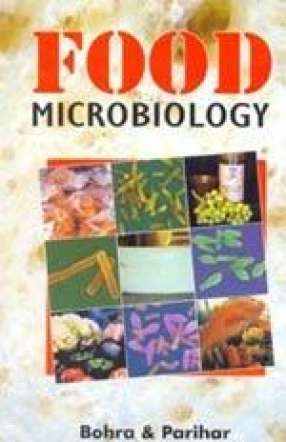
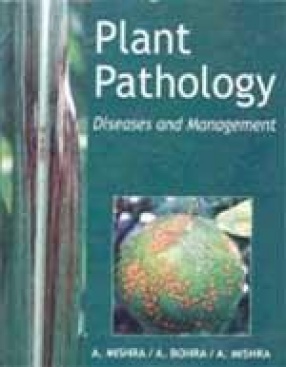
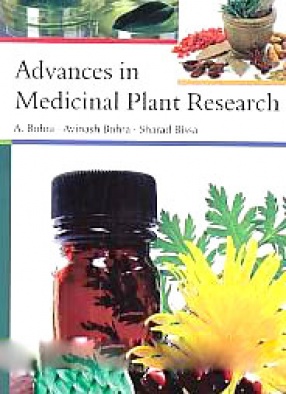
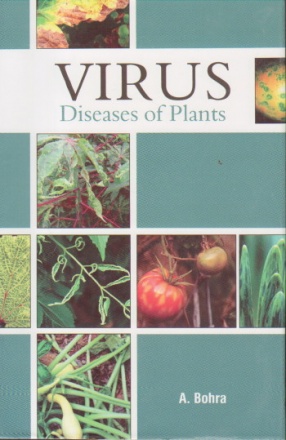

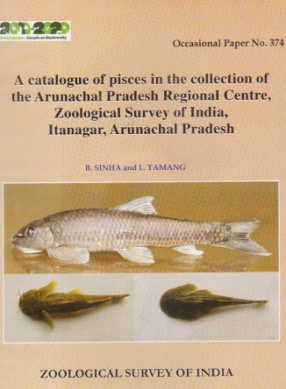
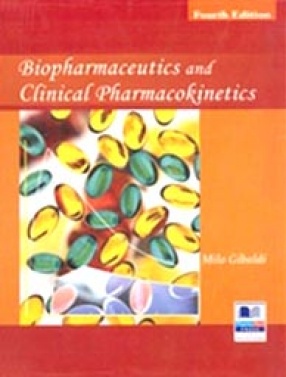
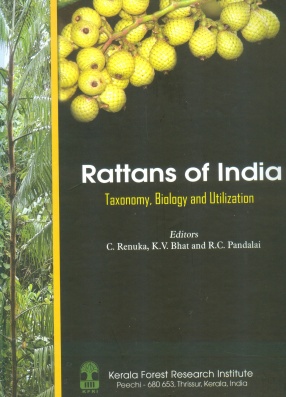

Bibliographic information
A. Bohra